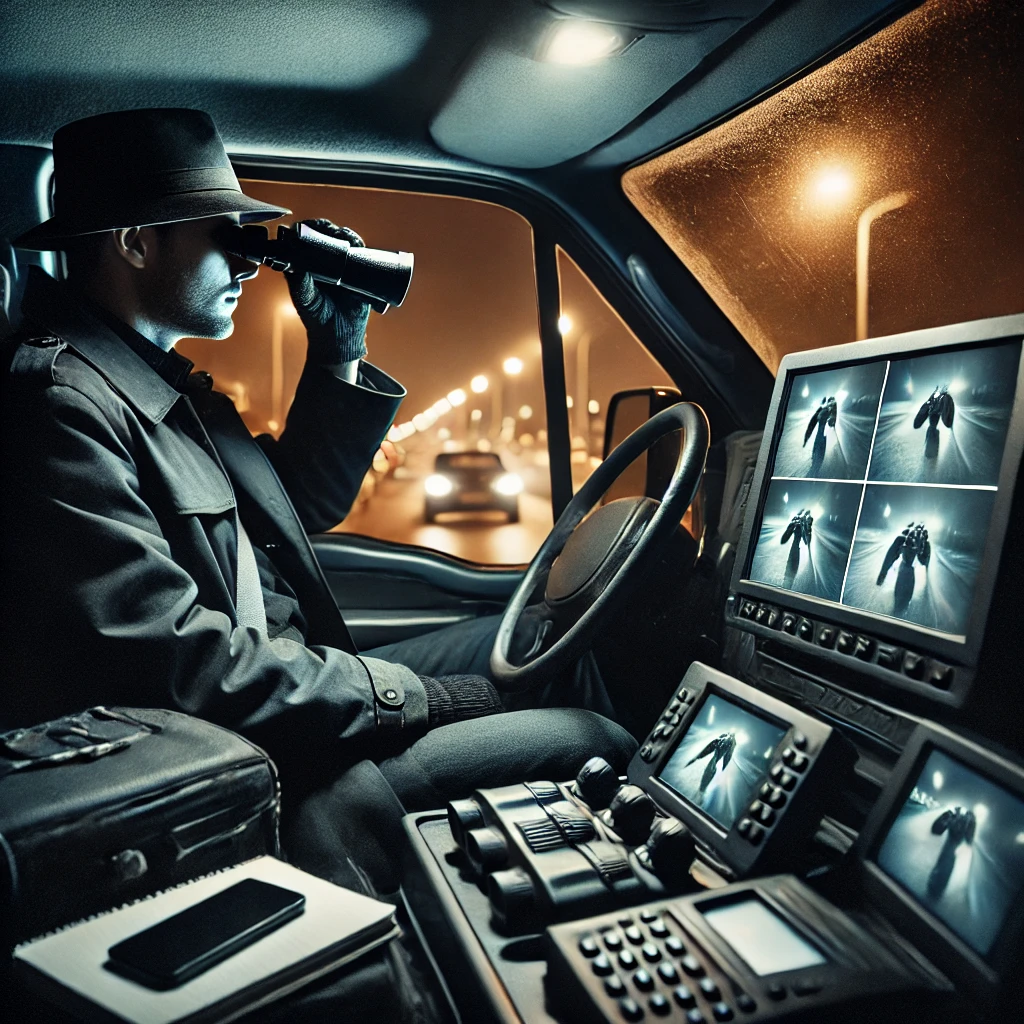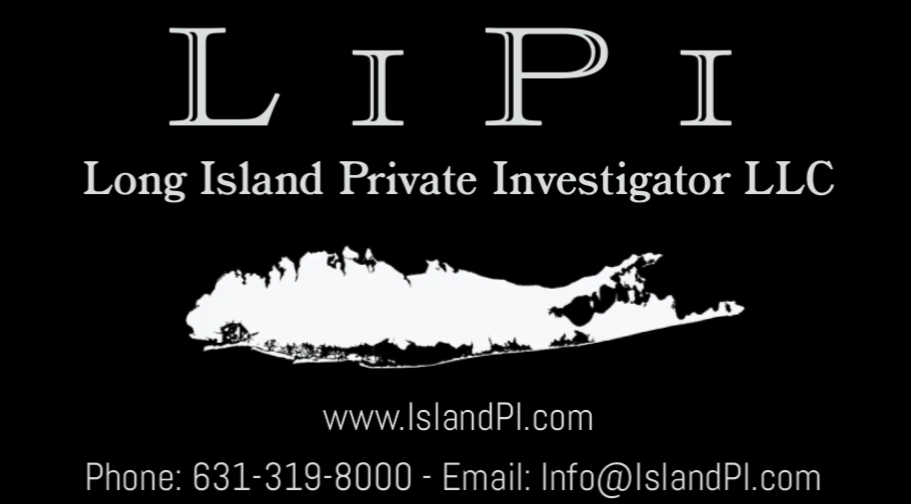
Surveillance can help confirm suspicions of infidelity by providing objective evidence of a spouse’s behavior. However, it comes with serious ethical, legal, and emotional considerations.
🔍 How Surveillance Might Help:
- Confirmation of Suspicions:
- Observing their location, behavior, or companions can clarify inconsistencies in their story.
- Might help validate a gut feeling if the spouse is being deceptive.
- Digital Surveillance:
- Reviewing device usage, phone records, or GPS location (if legally allowed and you share accounts or devices).
- Monitoring changes in passwords or online activity.
- Professional Surveillance:
- Hiring a licensed private investigator (PI) is the most legally safe and effective method if you decide to go this route.
⚠️ Serious Considerations Before Using Surveillance:
1. Legal Risks
- Laws vary by state/country, but unauthorized tracking, recording, or accessing personal devices may be illegal.
- Examples of what’s often illegal:
- Installing spyware or tracking software without consent.
- Recording phone calls without both parties’ permission (in many places).
- Accessing their private emails or accounts without permission.
2. Trust and Relationship Impact
- Even if cheating is discovered, covert surveillance may damage trust beyond repair.
- If you’re wrong, it may cause irreparable harm to the relationship.
3. Ethical and Emotional Costs
- Constant monitoring can become obsessive and emotionally draining.
- You might uncover things you weren’t emotionally ready to handle.
✅ Safer Alternatives:
- Talk openly first—some issues stem from disconnection, not infidelity.
- Use counseling to explore trust issues with professional guidance.
- If you’re considering legal separation or divorce, speak with a lawyer. They can advise on what’s admissible in court if surveillance is involved.
